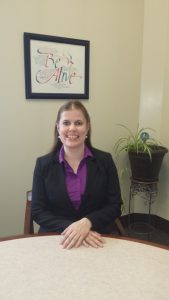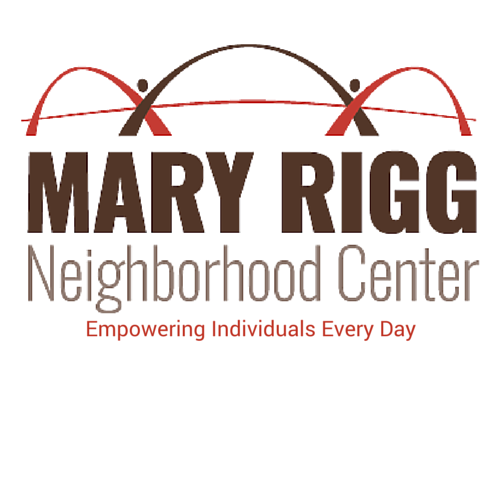Global Competency Spotlight: Mary Rigg Neighborhood Center
Tell us about yourself and the Mary Rigg Neighborhood Center.
We’re a full service neighborhood center. We have three main service areas, one of which is basic needs, which includes emergency food, housing and utility assistance, and evening meals. We also have Center-based and school -based services, which include before and after school programs, summer day camps, Head Start and community-based services at five public schools. Our third program area is adult learning and jobs. We’re a Center for Working Families site, which means we have employment and financial coaching, we have on-site HSE (high school equivalency), and we offer English language learner classes. We also have a vibrant vocational learning program.
-based services, which include before and after school programs, summer day camps, Head Start and community-based services at five public schools. Our third program area is adult learning and jobs. We’re a Center for Working Families site, which means we have employment and financial coaching, we have on-site HSE (high school equivalency), and we offer English language learner classes. We also have a vibrant vocational learning program.
I [Stephanie James] have been with the Mary Rigg Neighborhood Center seven years and I’m currently serving as the director of programs.
What does “cultural competency” mean to you and your organization?
To us, cultural competency means that we have an awareness of our own cultural identity as individuals. And also that we recognize that everyone has different cultural experiences that shape their viewpoints and identities, and we embrace those things that make us different and unique. We celebrate the fabric of our society—what makes us America on a bigger scale.
What prompted you to contact The International Center’s global competency department?
Diversity is one of our four cornerstone values at the Center, so we were seeking ways in which we could recruit more diverse board members, as well as be more inclusive of the population that we are serving.
On top of that, I was creating a professional development calendar for our staff. We started thinking diversity training would be really beneficial. I reached out to the United Way and they referred me to Ansuyah and The International Center. It [diversity] is a big passion of mine.
What goals did you and/or your organization hope to accomplish by participating in cultural competency training?
To enhance all of our own cultural awareness, and also to look for ways that, as an agency, we could be more inclusive of others.
How have cultural competency training sessions helped you/your employees/your organization? What have you learned?
It was great. One of the things Ansuyah did right off the bat was that she had us all talk about the origins of our names. We have a staff with very low turnover—some of us have worked together for a decade—so we’re all pretty good friends. But we marveled at how we had never talked about a lot of that stuff before. We were just so surprised that we found out all of this extra information about one another.
One of our staff members had talked about the D.I.E. method (describe, interpret and evaluate) that was discussed during the training and the fact that sometimes we see what’s going on, but we don’t always see everything that’s beneath the surface that people bring to their experiences and interactions.
Another model that was discussed was the iceberg method. One of our staff people actually got the famous picture of the iceberg; they made little cards saying “describe,” “interpret” and “evaluate,” and gave them to all of the staff. Every staff person has that posted in their office or on their desk, just reminding us that there’s so much more going on with the people we serve and even with our coworkers.
It put “culture” and “diversity” into our everyday vernacular. It started making us talk about it [diversity] more. We’ve done follow up training with Ansuyah and internally to keep it fresh in everybody’s mind.
What would you tell organizations considering cultural competency training?
It was so worth it. It was worth the time and the money. I think it brought our staff closer together. I think it brought us closer to the people that we serve because so many of us don’t live in the neighborhood in which we work. It bridged some gaps. It opened up those conversations. And it made people feel safe; safe that they could talk about some of these things in the training that maybe they didn’t feel safe enough to discuss before.
I feel like we improved ourselves as an agency, but I also think that many of us feel as if we improved ourselves.
Anything else you would like to share?
As we move forward as a country, I think it [global competency training] is super important. We live in such a globalized world and I think there are a lot of people who feel uncertain right now. We want to be that beacon of hope. We want to be the place where the community can come and feel safe and feel respected. It was just invaluable to us. The effects of it will be felt in our Center for a long time.
Profile completed by Stephanie James, Director of Programs, Mary Rigg Neighborhood Center
Thank you to Stephanie James and the Mary Rigg Neighborhood Center for your ongoing commitment to our community and for participating in the inaugural Global Competency Spotlight blog. To learn more about The Center’s global competency department, please contact Ansuyah Naiken.


